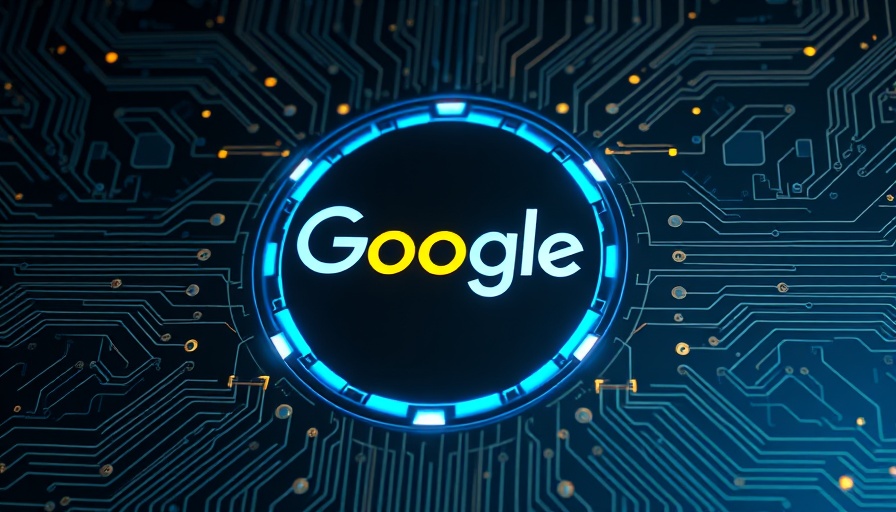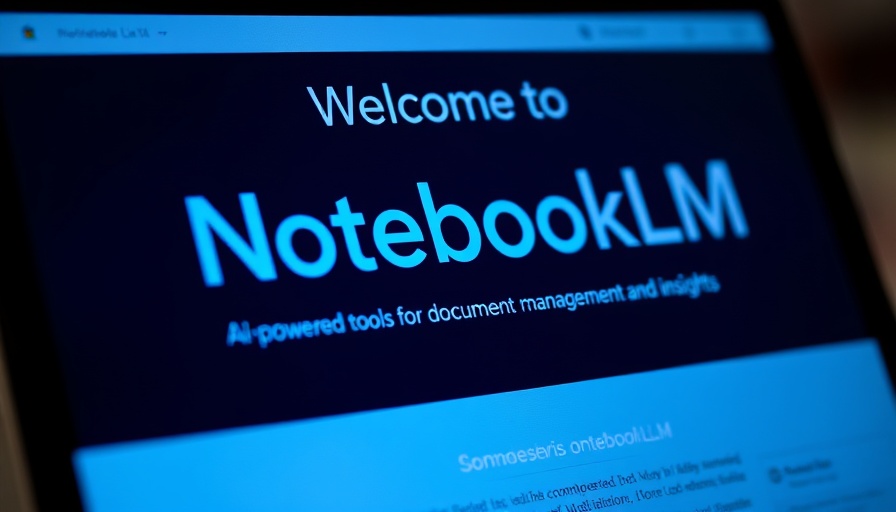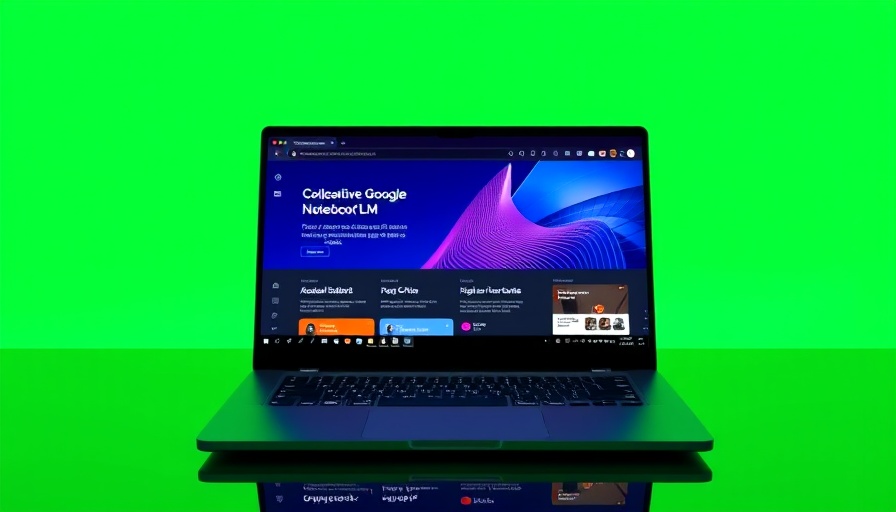
Unlocking Accessibility: A New Era with Google Gemini
As technology continues to evolve, so does its commitment to inclusivity. Google’s recent announcement detailing new accessibility features powered by its artificial intelligence model, Gemini, marks a significant step forward for individuals with disabilities. These innovations were unveiled just in time for Global Accessibility Awareness Day, reflecting the tech giant's ongoing dedication to enhancing user experience for everyone.
Empowering Users with Advanced Features
Among the standout features is the AI-driven ability to generate contextual information about images and screen content. Previously, Google’s TalkBack feature aided visually impaired users by providing basic descriptions of images. Now, with Gemini, users can simply ask questions such as "What color is this car?" and receive detailed responses, effectively transforming how people interact with their devices. This level of functionality can bring a new sense of autonomy and accessibility, ultimately fostering greater independence.
A Closer Look at Expressive Captions
For individuals who are hard of hearing, Google's rollout of the Expressive Captions feature is a game-changer. Unlike traditional captioning, which merely transcribes spoken words, this innovative tool adapts captions to mimic the speaker's emotion and tone. Captions will now reflect nuances like excitement through elongated words, which not only enhances understanding but also provides a richer viewing experience. Such thoughtful details demonstrate how technology can bridge communication gaps, fostering inclusivity.
Accessibility Innovations in Google Chrome
Google is also focusing on improving the browser experience. New Optical Character Recognition (OCR) capabilities are set to benefit users who rely on screen readers, removing previous barriers that made it difficult for these applications to work with scanned PDFs. Furthermore, Chrome on Android will now feature adjustable page zoom options, reinforcing usability and customization. These enhancements ensure that all users, irrespective of their needs, can navigate information online with ease.
Support for Special Needs Students
As part of its commitment to education, Google is extending its accessibility features to students with special needs, particularly through the integration with College Board’s Bluebook testing app. This allows students to utilize features like the ChromeVox screen reader during critical assessments, bringing a sense of equity in educational environments. The incorporation of such tools reflects an understanding of the diverse challenges students face and demonstrates a robust, proactive approach.
Building a Collaborative Future with Project Euphonia
Google’s initiative to open-source repositories through Project Euphonia on GitHub is another remarkable step in supporting developers in creating personalized audio tools. By allowing access to diverse speech patterns, Google is not just enhancing their products but enabling an entire ecosystem of creators to build solutions for individuals with speech differences. This collaborative effort underscores the potential of collective intelligence in making technology more accessible.
Implications for Business Professionals
For CEOs, marketing managers, and business professionals, the integration of advanced accessibility features can have significant implications. As businesses strive to be more inclusive, utilizing tools like those from Google can enhance employee productivity and create a more diverse workforce. Implementing these technologies can also align with corporate social responsibility goals, bolstering brand reputation while contributing positively to society.
Cultivating an Inclusive Tech Culture
Ultimately, Google's advancements in accessibility highlight a broader trend within the tech industry to prioritize inclusiveness. As companies adopt similar principles, they contribute to a culture where technology serves as a bridge rather than a barrier. Businesses that recognize the importance of accessibility not only cater to a broader audience but also pave the way for innovative solutions that benefit everyone, setting a precedent for responsible technology use.
As the tech community anticipates further developments from Google I/O next week, it is worth reflecting on the ongoing importance of accessibility in technology. By embracing these insights, business professionals can position themselves at the forefront of an inclusive future.
 Add Row
Add Row  Add
Add 




 Add Row
Add Row  Add
Add 

Write A Comment